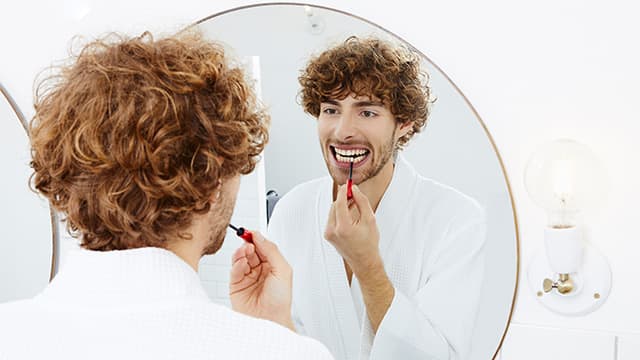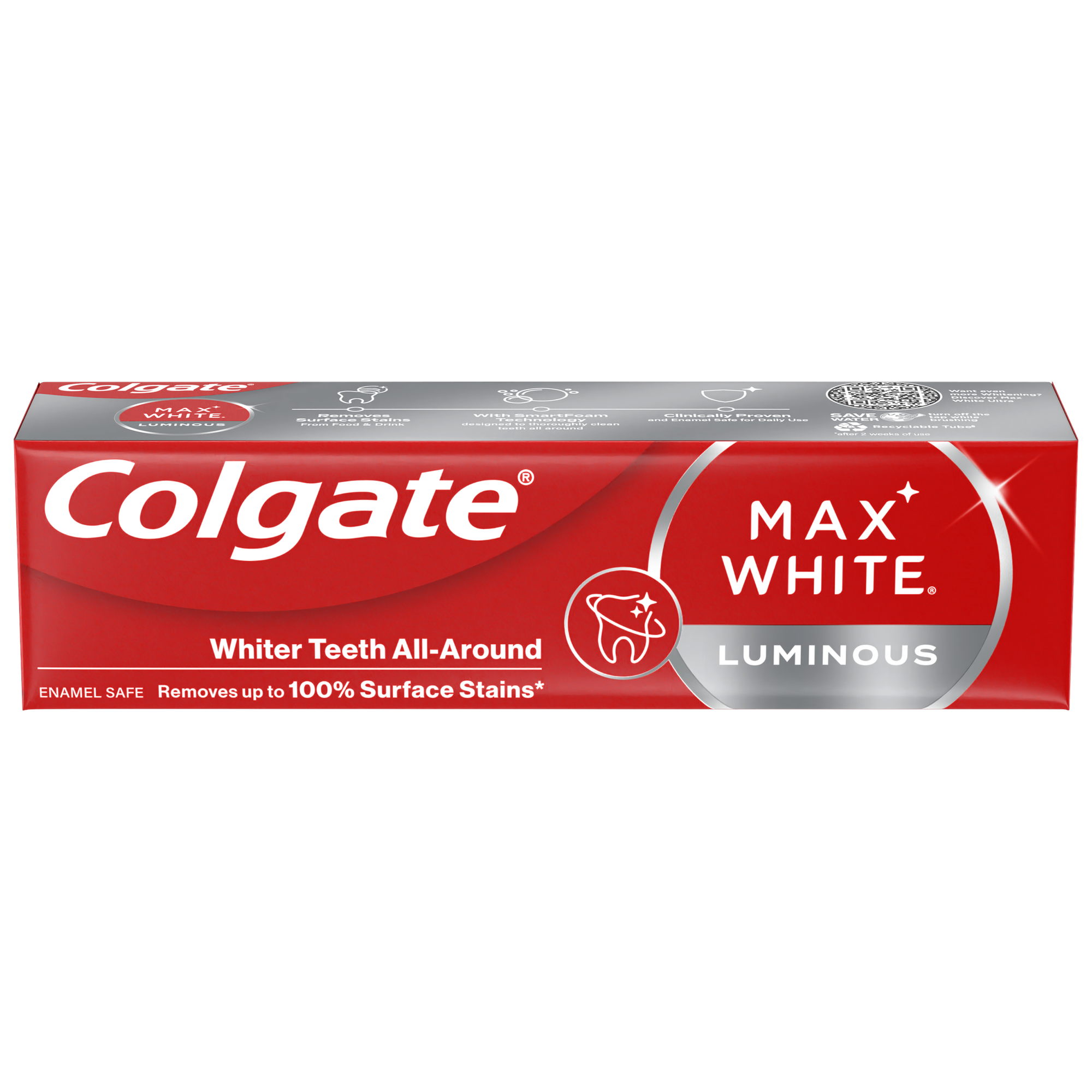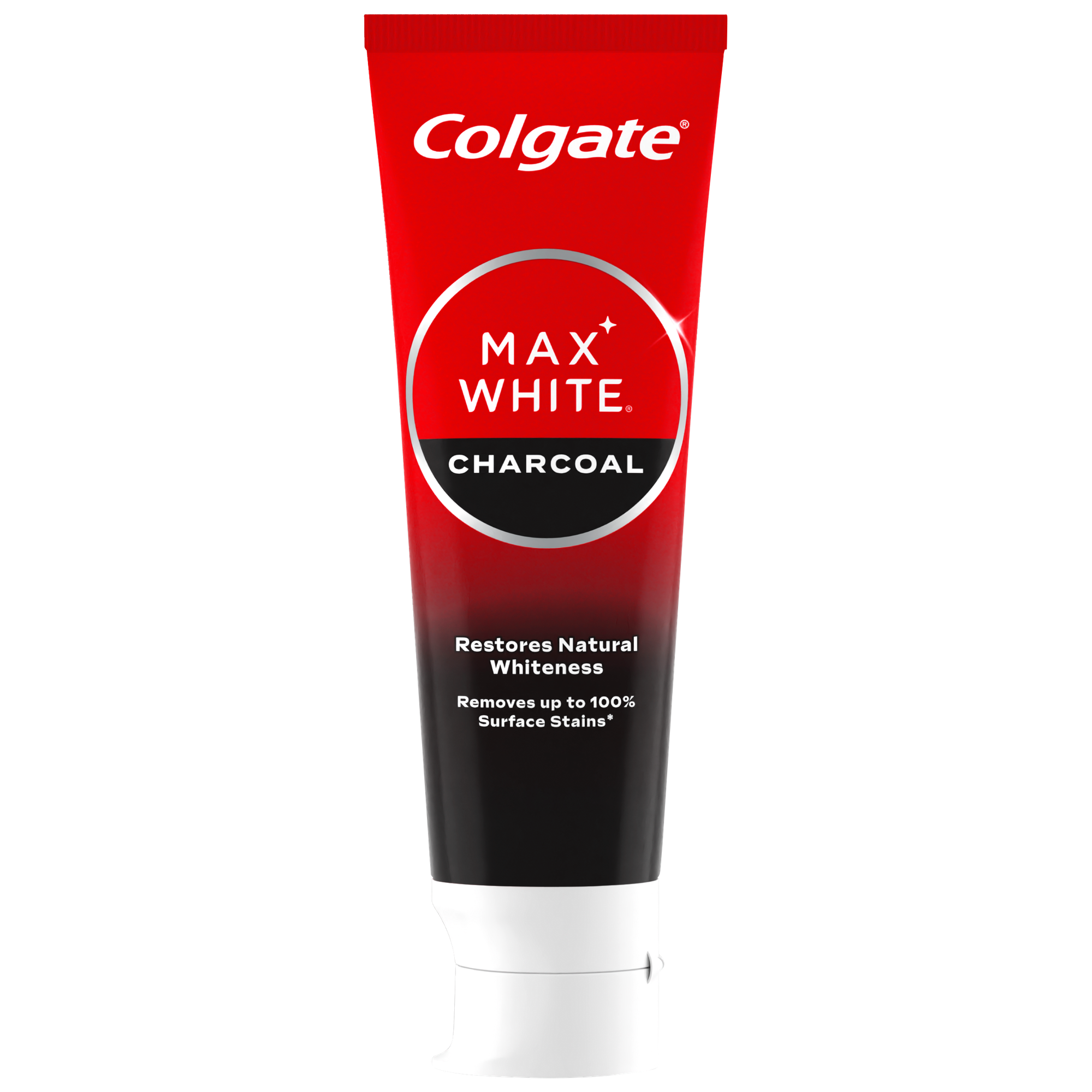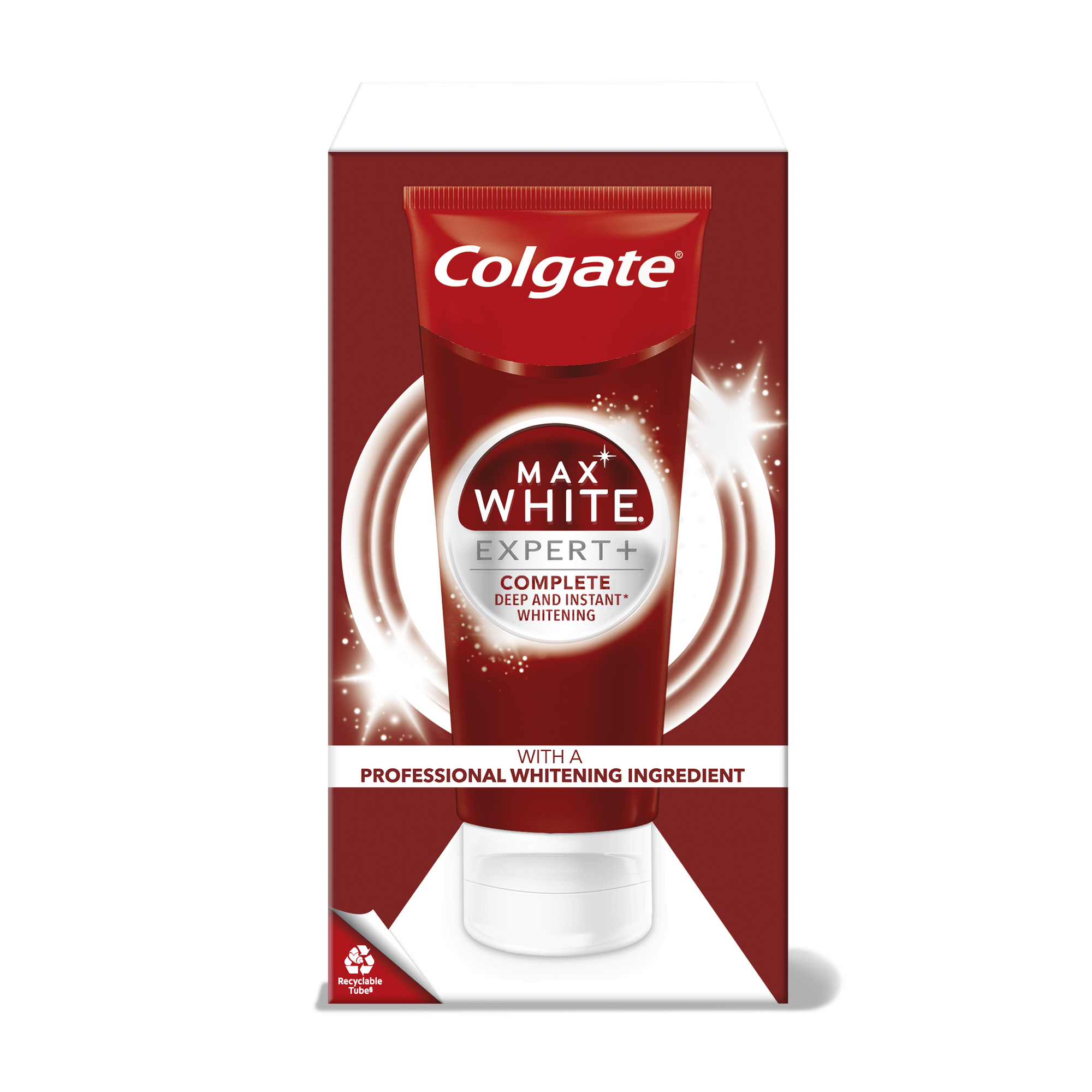Foods that stain teeth
Looking to keep your teeth as white as possible? Then you’ll want to steer clear of these tooth-staining culprits after whitening. Here’s our list of food and drink you should avoid:
Pasta sauce- The tomatoes in pasta sauce contain the perfect storm of staining properties that leave your teeth vulnerable. Between its acidity, bright red colour and tendency to cling onto your teeth, pasta sauce can easily penetrate your tooth enamel and leave unsightly stains.
TIP: Before tucking into your delicious Italian meal, try eating a salad or dark greens, like kale, spinach or broccoli. These foods create a thin film over your teeth that will help protect them from the tooth-staining effects of tomatoes.
Curry- Commonly found in Indian dishes, curried spices are equally delicious and highly pigmented. Their deep hues can stain and cause yellow teeth over time, so it’s best to limit curry in your diet.
TIP: Whenever you indulge in a curry, follow it up with stain-preventing fruits or vegetables like apples, carrots, celery or cucumber.
Balsamic vinegar- It can make a delicious salad dressing, but it also packs a punch on the colour of your teeth. With a dark colour and a reputation for sticking, balsamic vinegar can cause stained teeth if it’s not washed away quickly.
TIP: The next time you enjoy a salad with balsamic dressing, toss in some crunchy lettuce. Eating crisp lettuce will help to remove the balsamic vinegar from your teeth as you chew.
Berries- Berries are packed full of antioxidants and, unfortunately, have lots of tooth-staining properties. The strong colours in raspberries, blackberries, blueberries and cranberries, paired with the acidity of the fruits, can cause staining whether they’re eaten whole, as a jam or jelly, or as a juice.
TIP: Drink something after you eat berries. Water will rinse your mouth and can help to keep the staining effect under control. A glass of milk will neutralise the acidity of the berries and also strengthen teeth.
Beverages- Drinks can be some of the worst culprits when it comes to stained teeth. Between acidity and colour, drinks like coffee, tea, red wine, fizzy drinks and energy drinks can stain teeth and contribute to tooth enamel erosion.
TIP: Drinking through a straw helps the staining dyes avoid teeth altogether. Get a pack of straws to keep in your home or office and always have one handy when you are craving a tooth-staining drink.
Foods that help to remove staining on teeth
If you’re starting to feel like there’s no hope in keeping your teeth clean and stain-free – don't give up yet! Some types of fruits and vegetables actually help to clean your teeth while you eat, stop stains from setting in and help to remove staining from teeth. The next time you eat stain-causing food and drink, follow with one of these naturally cleaning snacks:
- Apples
- Pears
- Celery
- Carrots
- Cauliflower
- Cucumber
Maintaining a white smile can be difficult. Luckily, you can help yourself out by avoiding foods that stain teeth and including naturally cleansing foods in your diet. Brushing your teeth with a little extra care (and the help of some teeth whitening products) will take your smile from conventional to confident!
Teeth whitening products that can help
If you’ve avoided food and drink that stains teeth, but still feel like you need a little more help with whitening, there are plenty of products that can remove staining on teeth and help you on your way to a brighter smile! At Colgate, we offer a huge range of products that will gradually whiten your teeth at home, while also being affordable and safe to use. From the classic whitening toothpastes and mouthwashes you know and love, to some of our newer products that can reverse up to 15 years of tooth staining! Read on to find out more about our most advanced whitening products yet.
Overnight Whitening Pen
Our Max White Overnight Whitening pen uses a whitening serum that can reverse up to 15 years of stains caused by food and drink. Simply paint the serum onto your teeth and let it dry, leave on your teeth overnight and brush in the morning as normal. With just 3 weeks of continued use, you should see the results!
LED Whitening Kit
The Colgate LED Whitening Kit is another great at-home choice. Again, it comes with an easy-to-use whitening pen with a serum that you can apply directly to each tooth. Then, insert the ComfortFit applicator into your mouth – the LED light is controlled by your smartphone and will activate the whitening serum for a quick whitening treatment that only takes 10 minutes! Repeat twice a day for 2 weeks for brighter, whiter teeth.
Max White Ultimate Radiance Toothpaste
Colgate Max White Ultimate Radiance Toothpaste is our most advanced whitening toothpaste yet. We’ve developed this enamel-safe toothpaste to reverse up to 15 years of deep-set stains caused by food and drink with just 4 weeks of continued use!
Hopefully, these tips give you a better idea of the food and drink to eat and avoid to maintain white teeth, as well as give you ideas for some products you can use to make your smile even brighter and whiter!
ORAL HEALTH QUIZ
What's behind your smile?
Take our Oral Health assessment to get the most from your oral care routine
ORAL HEALTH QUIZ
What's behind your smile?
Take our Oral Health assessment to get the most from your oral care routine













